Home>diy>Building & Construction>What Do I Need To Get A Construction License
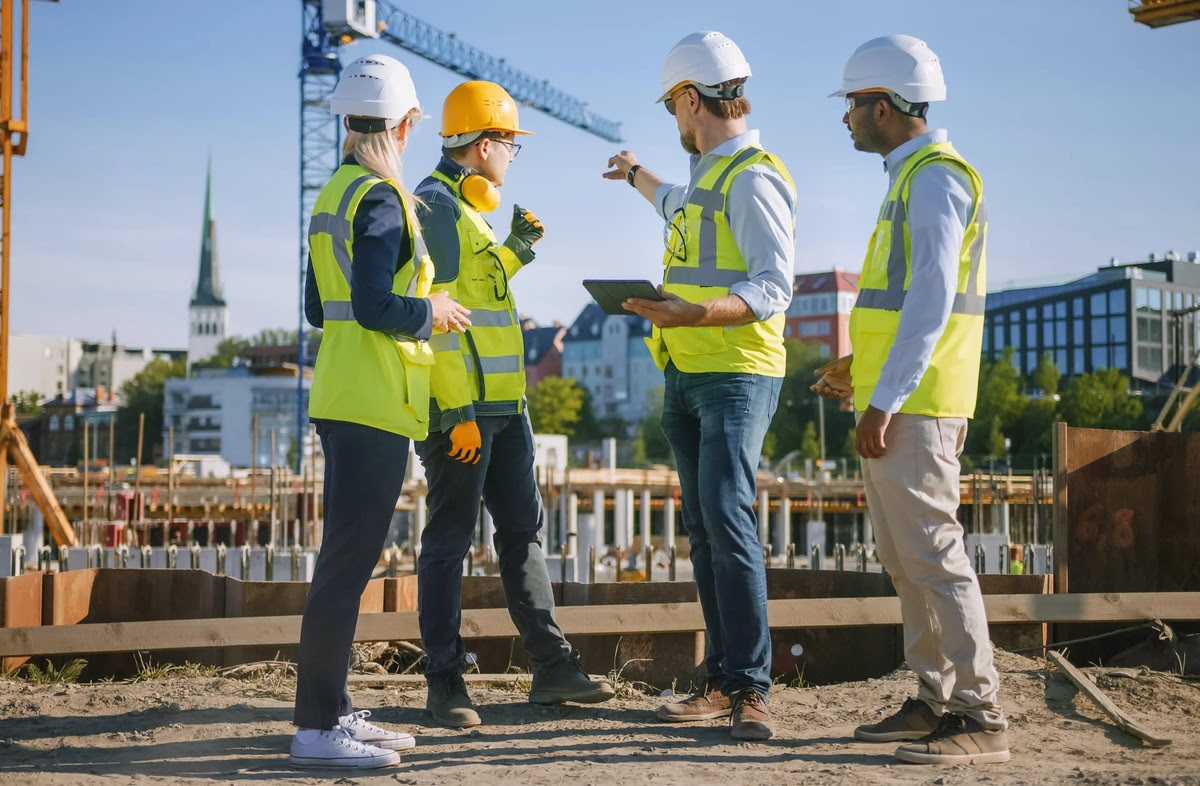

Building & Construction
What Do I Need To Get A Construction License
Modified: January 24, 2024
Find out the essential requirements to obtain a construction license and kickstart your building construction career. Contact us now for detailed guidance and assistance.
(Many of the links in this article redirect to a specific reviewed product. Your purchase of these products through affiliate links helps to generate commission for Storables.com, at no extra cost. Learn more)
Introduction
Obtaining a construction license is a crucial step for anyone looking to build a successful career in the building and construction industry. A construction license acts as proof that an individual or a company has met the necessary requirements and possesses the skills and knowledge to safely and effectively carry out construction projects. Whether you are a contractor, subcontractor, or individual looking to start your own construction business, understanding the requirements and process for obtaining a construction license is essential.
In most countries, the construction industry is heavily regulated to ensure the safety and quality of construction projects. These regulations are put in place to protect the public and ensure that construction work is carried out by qualified professionals who adhere to industry standards. By obtaining a construction license, you demonstrate your commitment to professional integrity and competence, which can help you gain the trust and confidence of clients and stakeholders.
However, the specific requirements for obtaining a construction license may vary depending on the country or region you are in. It is important to research and familiarize yourself with the local laws and regulations governing construction licenses in your area. In this article, we will provide a general overview of the common requirements for obtaining a construction license, but keep in mind that you should always consult the relevant local authorities for the most accurate and up-to-date information.
Understanding the construction license requirements involves several key aspects, including education and training, experience, examination and testing, financial and insurance considerations, the application process, and additional requirements and considerations. Each of these aspects plays a crucial role in the construction license application process, and we will delve into each of them in more detail in the following sections.
Whether you are a seasoned professional looking to expand your capabilities or someone who is just starting out in the construction industry, obtaining a construction license is a valuable achievement that can open up new opportunities and provide a solid foundation for your career. So, let’s explore the requirements and process for obtaining a construction license and help you take the first step towards building a successful career in the construction industry.
Key Takeaways:
- Obtaining a construction license involves meeting education, experience, examination, financial, and insurance requirements. It’s crucial for demonstrating professionalism, competency, and adherence to industry standards.
- Renewing and maintaining a construction license requires ongoing professional development, compliance with regulations, and timely submission of renewal applications. It’s essential for continuous validity and reputation as a competent construction professional.
Read more: How Can I Get A Construction License
Understanding Construction License Requirements
Before embarking on the journey to obtain a construction license, it is imperative to have a clear understanding of the requirements involved. While the specific requirements may vary depending on your location, there are common factors that are typically considered across the board.
One of the primary considerations for obtaining a construction license is meeting the education and training requirements. Most licensing boards require individuals to have a certain level of formal education in construction-related fields. This can range from a high school diploma or GED to a bachelor’s degree in construction management or a related discipline.
In addition to formal education, practical experience in the construction industry is typically a requirement. This experience can be acquired through apprenticeships, on-the-job training, or working in relevant positions within the industry. The number of years of experience required may vary depending on the type of license or certification you are seeking.
Another crucial aspect of obtaining a construction license is passing examinations and tests. These assessments are designed to evaluate your knowledge and competency in various areas of construction, such as building codes, safety regulations, and construction techniques. The specific exams and tests required can vary depending on your location and the type of license you are applying for.
Financial and insurance requirements are also important considerations when it comes to obtaining a construction license. Proof of financial stability, such as submitting audited financial statements or proof of insurance coverage, may be necessary to demonstrate your ability to fulfill financial obligations and protect clients and stakeholders in case of unforeseen events.
The application process for a construction license may vary depending on the licensing board or authority in your jurisdiction. It typically involves submitting an application form, providing all the necessary documentation and supporting materials, and paying the required fees. Some licensing boards may also conduct background checks or request references to verify your character and suitability for holding a construction license.
It is important to note that there may be additional requirements and considerations specific to your area or the type of construction work you intend to undertake. This could include specialized certifications or licenses for certain types of construction projects, such as electrical work, plumbing, or HVAC installation.
Understanding the requirements for obtaining a construction license is crucial to ensure a smooth and successful application process. By familiarizing yourself with these requirements, you can adequately prepare yourself and increase your chances of obtaining the necessary license or certification to pursue your construction career goals.
Education and Training Requirements
When it comes to obtaining a construction license, one of the fundamental requirements is meeting the education and training criteria. The specific education and training requirements may vary depending on your location and the type of construction license you are seeking. In general, however, there are certain common prerequisites that aspiring construction professionals must fulfill.
At a minimum, many jurisdictions require individuals to have a high school diploma or its equivalent, such as a General Educational Development (GED) certificate. This serves as a foundation for further education and training in the construction field. However, some specialized construction licenses or certifications may demand a higher level of education, such as an associate’s or bachelor’s degree in a related discipline like construction management or engineering.
In addition to formal education, practical training is often a crucial component of the education and training requirements for construction licensing. This hands-on experience can be gained through apprenticeships, vocational training programs, or on-the-job training opportunities. These initiatives provide aspiring construction professionals with the necessary skills and practical knowledge to effectively carry out construction tasks and projects.
It is worth mentioning that obtaining a construction license is not limited to those seeking to become contractors or construction business owners. Many trades within the construction industry, such as carpentry, plumbing, electrical work, and masonry, also require specialized licenses or certifications. These trades often have their own specific training requirements, which may involve completing apprenticeships, trade school programs, or certification courses for proficiency in the respective trade.
Continuing education is another aspect of the education and training requirements for construction licensing. Many jurisdictions require licensed construction professionals to participate in regular continuing education programs to stay up to date with the latest industry trends, technologies, and regulations. This ensures that licensed professionals are equipped with the knowledge and skills necessary to provide high-quality and safe construction services.
Keeping in mind that education and training requirements can vary by jurisdiction, it is essential to research and understand the specific requirements in your area. This can typically be done by consulting the licensing board or authority responsible for overseeing construction licensing. They can provide detailed information on the educational qualifications and training programs necessary to meet the requirements for obtaining a construction license in your location.
Meeting the education and training requirements is a critical step in obtaining a construction license. By investing in your education and gaining practical experience in the field, you not only enhance your chances of obtaining a license but also equip yourself with the knowledge and skills needed to excel in the construction industry.
Experience Requirements
Alongside education and training, experience is a key factor in meeting the requirements for obtaining a construction license. Building a solid foundation of practical experience in the construction industry is essential to demonstrate your competence and readiness to take on construction projects.
The specific experience requirements may vary depending on your location and the type of construction license you are pursuing. Generally, licensing boards and authorities look for evidence of hands-on experience in the field. This experience can be gained through various avenues, such as apprenticeships, on-the-job training, or working in construction-related positions.
Apprenticeships are a common pathway for individuals starting their careers in the construction industry. These programs typically combine formal classroom instruction with on-the-job training under the guidance of experienced professionals. Completing an apprenticeship allows you to gain practical skills in a specific trade and provides valuable real-world experience that can contribute to meeting the experience requirements for a construction license.
On-the-job training is another avenue through which aspiring construction professionals can gain the necessary experience. Working in entry-level or assistant positions within the construction industry allows individuals to learn the ropes and acquire hands-on experience. This can involve tasks such as assisting with construction projects, observing and learning from experienced professionals, and gradually taking on more responsibilities as your skills and knowledge grow.
In some cases, specific experience requirements may vary based on the scope or complexity of the construction work. For example, if you are seeking a license for residential construction, you may be required to demonstrate a certain number of years of experience specifically in residential projects. Similarly, if you want to specialize in commercial construction, having experience in managing and executing complex commercial projects could be a requirement.
It is important to note that documenting and providing evidence of your experience is typically a crucial part of the construction license application process. This may involve submitting work references, documenting completed projects, or providing contractor testimonials to verify your experience and skills.
As with any profession, the construction industry places great value on practical experience. It not only demonstrates your ability to handle the challenges of construction projects but also instills confidence in potential clients and stakeholders. By accumulating substantial experience in the field, you enhance your credibility and increase your chances of obtaining a construction license with ease.
Examination and Testing Requirements
Examinations and tests play a significant role in determining the eligibility of individuals seeking a construction license. These assessments are designed to evaluate the knowledge, skills, and competency of applicants in various aspects of the construction industry.
The specific examination and testing requirements can vary depending on your location and the type of construction license you are pursuing. Licensing boards or authorities typically outline the topics and areas that will be assessed in the examination. These topics often include building codes, construction laws and regulations, safety guidelines, construction techniques, and project management.
In some cases, the examination may be administered in multiple parts, focusing on different aspects of construction knowledge. For instance, there may be separate exams for general construction knowledge and specialized exams for specific trades or project types.
Preparing for these examinations often requires a combination of self-study, formal test preparation courses, and familiarity with relevant industry standards and regulations. Some jurisdictions provide study materials or recommended reference materials to help individuals prepare for the exams.
Upon passing the examination, applicants are typically required to fulfill additional testing requirements. This could include practical tests or assessments, where you are evaluated on your ability to perform specific construction tasks. These tests aim to verify your practical skills and ensure that you have the necessary competence to carry out construction work safely and effectively.
It is important to note that examinations and tests are intended to measure the minimum level of competency required for obtaining a construction license. They serve as a means of ensuring that individuals in the construction industry possess the fundamental knowledge and skills necessary to protect the public’s safety and meet quality standards.
It is crucial to adequately prepare for examinations and tests as they are a critical step towards obtaining a construction license. By dedicating sufficient time and effort to studying and understanding the exam topics, you increase your chances of success and demonstrate your commitment to professionalism and continuous learning in the construction industry.
Research the specific requirements for a construction license in your state or country. This may include education, experience, passing an exam, and providing proof of financial responsibility.
Financial and Insurance Requirements
When pursuing a construction license, it is important to understand the financial and insurance requirements that typically come into play. These requirements aim to ensure that licensed individuals or companies have the financial stability and insurance coverage necessary to carry out construction projects responsibly.
One of the common financial requirements is providing proof of financial stability. This may include submitting audited financial statements, demonstrating a certain level of capital or net worth, or providing evidence of sufficient financial resources to cover project costs and potential liabilities.
The purpose of these financial requirements is to ensure that construction license holders are financially capable of fulfilling their contractual obligations and paying their debts. It is crucial for construction projects to have the necessary financial backing to avoid potential disruptions or abandonment.
In addition to financial stability, insurance coverage is another important aspect of obtaining a construction license. Most jurisdictions require construction professionals to have appropriate insurance coverage to protect themselves, their clients, and workers against potential accidents, property damage, or other liabilities.
General liability insurance is a common requirement, covering claims related to bodily injury, property damage, and personal injury that may arise during construction projects. Workers’ compensation insurance is also typically mandated to provide coverage for workers injured on the job.
The specific insurance requirements may vary based on the type of construction work, project size, and local regulations. Understanding and meeting these insurance requirements not only protects construction professionals and clients but also helps maintain a level of professional integrity and risk management.
It is important to consult with insurance providers who specialize in construction insurance to determine the appropriate coverage for your specific needs. These providers can guide you through the process of selecting the right policies and ensuring compliance with local regulations.
Meeting the financial and insurance requirements for obtaining a construction license involves careful planning and consideration. By demonstrating financial stability and having the necessary insurance coverage, you not only comply with legal requirements but also safeguard your business and clients from potential financial risks and liabilities.
Application Process for Construction License
Applying for a construction license involves a structured and thorough application process. While the specific steps may vary depending on your location and the type of construction license you are seeking, there are common elements that can be found in most application processes.
1. Research and Documentation: Before starting the application process, it is important to research and understand the requirements and documentation needed. This may include educational transcripts, proof of experience, reference letters, financial statements, insurance certificates, and any other supporting documents specified by the licensing board or authority.
2. Completion of Application Forms: Fill out the application form provided by the licensing board or authority accurately and completely. Pay attention to any specific instructions or requirements mentioned in the application form to avoid any delays or rejections.
3. Submission of Required Documents: Compile all the necessary documents and supporting materials as outlined in the application requirements. Ensure that all documents are complete and up-to-date, including any notarization or certification if required. Keep copies of all the submitted documents for your records.
4. Payment of Fees: Most construction license applications require the payment of a non-refundable application fee. Make sure to check the accepted methods of payment and submit the fees along with your application. Keep the payment receipt as proof of payment.
5. Background Checks: Depending on the jurisdiction and the type of construction license, background checks may be conducted on applicants. This could include verifying past employment, checking references, and conducting criminal record checks. Cooperation and transparency throughout the background check process are essential.
6. Review and Evaluation: Once the application and supporting documents are submitted, the licensing board or authority will review and evaluate your application. This may involve assessing your qualifications, experience, and any other criteria necessary for the specific construction license you are applying for.
7. Examination and Testing: If required, you may be scheduled to take examinations or tests to assess your knowledge and competency in the construction field. Prepare adequately and ensure you understand the examination or testing process, including the format, topics, and time limits.
8. Approval and Issuance: After all evaluations and assessments are complete, the licensing board or authority will make a decision on your application. If approved, you will be issued a construction license, which may include a physical license card or a digital certificate, depending on the jurisdiction.
9. Compliance and Renewal: Once you receive your construction license, it is essential to adhere to all rules, regulations, and codes of conduct specific to your license type. Pay attention to the license expiration date and follow the renewal process to maintain an active status.
The application process for a construction license requires careful attention to detail, organization, and compliance with all requirements. It is advisable to start the process well in advance to allow for any potential delays and to ensure that you have ample time to gather and prepare all the necessary documentation. By following the application process diligently, you can increase your likelihood of obtaining a construction license and launching a successful career in the construction industry.
Additional Requirements and Considerations
In addition to the core requirements already discussed, there may be additional factors and considerations that you need to take into account when applying for a construction license. These requirements can vary depending on your location and the specific type of construction work you intend to perform. It is crucial to be aware of these additional requirements to ensure a smooth and successful application process.
1. Specialized Certifications: Certain types of construction work may require specialized certifications or licenses. For example, if you plan to work on electrical installations, plumbing systems, or HVAC (heating, ventilation, and air conditioning) systems, you may be required to obtain additional certifications specific to these trades. These certifications often involve passing specialized exams or completing specific training programs.
2. Bonding and Surety: In some cases, construction professionals are required to obtain a construction bond or surety bond as part of the licensing process. This bond serves as a financial protection mechanism, ensuring that clients are compensated in the event of non-completion or faulty work. The bonding requirements and processes vary, so it is essential to understand and fulfill these obligations if they apply to your situation.
3. Code Compliance: Construction projects must adhere to specific building codes and regulations to ensure safety and quality standards. As part of the application process, you may need to demonstrate your knowledge and adherence to these codes by providing documentation of past projects that comply with relevant regulations. It is crucial to stay updated with any code changes or updates in your field of expertise.
4. Environmental Considerations: Many jurisdictions have environmental regulations in place to protect natural resources and minimize the impact of construction projects. Depending on your location, you may need to demonstrate awareness and compliance with these regulations. This could involve obtaining permits, conducting environmental impact assessments, or implementing sustainable practices in your construction projects.
5. Legal and Business Entity Requirements: If you plan to operate as a construction company or contractor, there may be legal and business entity requirements to fulfill. This may include registering your business, obtaining the necessary licenses for operating a business, and fulfilling any tax obligations. Consulting with a legal professional or business advisor can help ensure compliance with these requirements.
6. Ongoing Professional Development: As a licensed construction professional, it is important to engage in continuous learning and professional development. Staying up to date with the latest industry trends, technologies, and regulations can enhance your skills and keep you competitive in the construction industry. Consider joining professional organizations, attending seminars or workshops, and networking with industry peers to expand your knowledge and expertise.
It is crucial to thoroughly research and understand the specific additional requirements and considerations imposed by your local jurisdiction. This will help you avoid any potential delays or issues in your construction license application process. By diligently meeting these additional requirements, you can ensure compliance and set the foundation for a successful and compliant construction career.
Renewing and Maintaining a Construction License
Obtaining a construction license is not a one-time process. In order to continue practicing in the construction industry, it is crucial to understand the requirements for renewing and maintaining your construction license. License renewal ensures that construction professionals stay competent, up-to-date with industry regulations, and committed to maintaining high standards of professionalism.
The specific renewal requirements for construction licenses can vary depending on your location and the type of license you hold. However, there are common elements that are typically involved in the renewal process.
1. Renewal Period: Construction licenses are typically issued with an expiration date, and it is essential to be aware of this date. Depending on the jurisdiction and license type, renewal periods can range from annual renewals to renewals every few years. It is crucial to keep track of your license expiration date to avoid any lapse in licensure.
2. Continuing Education: Many jurisdictions require construction professionals to participate in continuing education programs as part of the license renewal process. These programs are designed to ensure that license holders stay updated with the latest industry trends, technologies, and regulations. The specific number of continuing education hours or courses required may vary, so it is important to stay informed about your jurisdiction’s requirements.
3. Renewal Application: Typically, construction license renewal involves submitting a renewal application to the appropriate licensing board or authority. The renewal application may require updating personal information, providing proof of completed continuing education, and paying the renewal fee. It is important to submit the renewal application ahead of the expiration date to allow for processing time and to avoid any lapse in licensure.
4. Compliance with Regulations: License renewal often involves verifying compliance with industry regulations, building codes, and safety standards. This may include providing documentation of completed projects, maintaining adequate insurance coverage, and demonstrating adherence to professional ethics and conduct.
5. Additional Requirements: Depending on your jurisdiction, there may be additional requirements for license renewal. This can include background checks, proof of financial stability, or audits of completed projects. Staying informed about these requirements and ensuring timely compliance is essential for a smooth license renewal process.
Maintaining a construction license goes beyond renewal. It is important to uphold professional standards, adhere to ethical practices, and prioritize safety in all construction activities. This includes ongoing professional development and staying updated with changes and advancements in the construction industry.
In addition, it is crucial to promptly report any changes that may affect your license, such as changes in business ownership, disciplinary actions, or any legal issues that may arise. Failure to report such changes may result in disciplinary measures or the suspension of your license.
By understanding and meeting the renewal and maintenance requirements, you can ensure the continuous validity of your construction license and reputation as a competent and trustworthy construction professional.
Conclusion
Obtaining a construction license is a pivotal step in building a successful career in the construction industry. It demonstrates your commitment to professionalism, competency, and adherence to industry standards. By meeting the education, experience, examination, financial, insurance, and other requirements, you position yourself as a reputable and qualified construction professional.
Throughout this article, we have discussed various aspects of the construction license application process, including education and training requirements, experience requirements, examination and testing requirements, financial and insurance considerations, and the overall application process. Additionally, we highlighted additional requirements and considerations, as well as the importance of renewing and maintaining your construction license.
It is essential to research and understand the specific requirements and regulations in your jurisdiction as they may vary. Consult with the appropriate licensing board or authority to ensure accurate and up-to-date information regarding the application process, requirements, and any updates or changes that may occur.
Remember, obtaining a construction license is not only a legal necessity but also an opportunity for personal and professional growth. It provides assurance to clients, stakeholders, and the public that you possess the necessary skills, knowledge, and integrity to carry out construction projects to the highest standards of quality and safety.
Continued professional development, engagement in ongoing education, and adherence to ethical and legal practices are crucial to maintaining your license and staying ahead in the dynamic construction industry. Embrace the opportunity to continuously improve your skills, expand your knowledge, and embrace new technologies and techniques for enhanced project execution.
In conclusion, obtaining and maintaining a construction license is a significant milestone that offers numerous benefits and opportunities in the construction industry. By fulfilling the requirements, staying informed, and prioritizing professionalism, you can pave the way for a successful and fulfilling career in the vibrant and ever-evolving world of construction.
Frequently Asked Questions about What Do I Need To Get A Construction License
Was this page helpful?
At Storables.com, we guarantee accurate and reliable information. Our content, validated by Expert Board Contributors, is crafted following stringent Editorial Policies. We're committed to providing you with well-researched, expert-backed insights for all your informational needs.
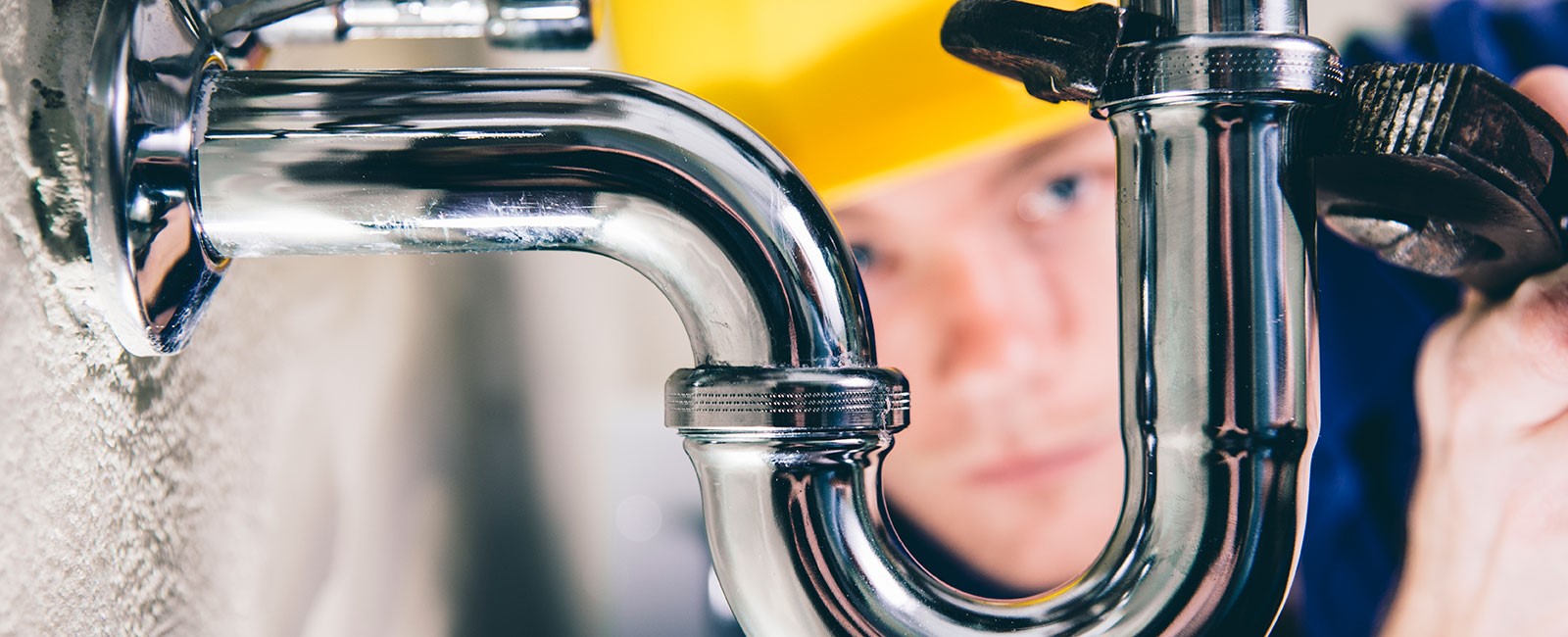

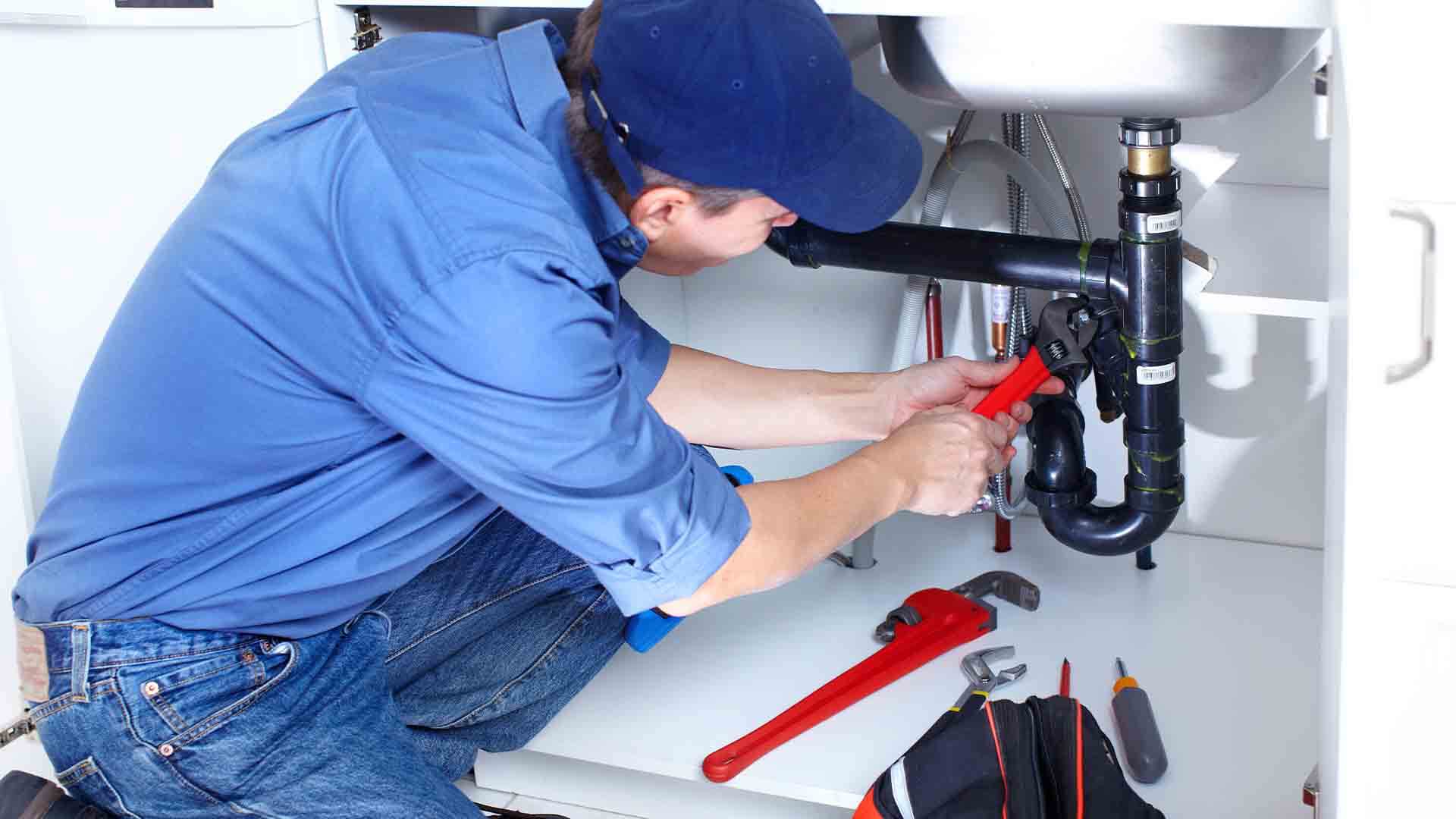

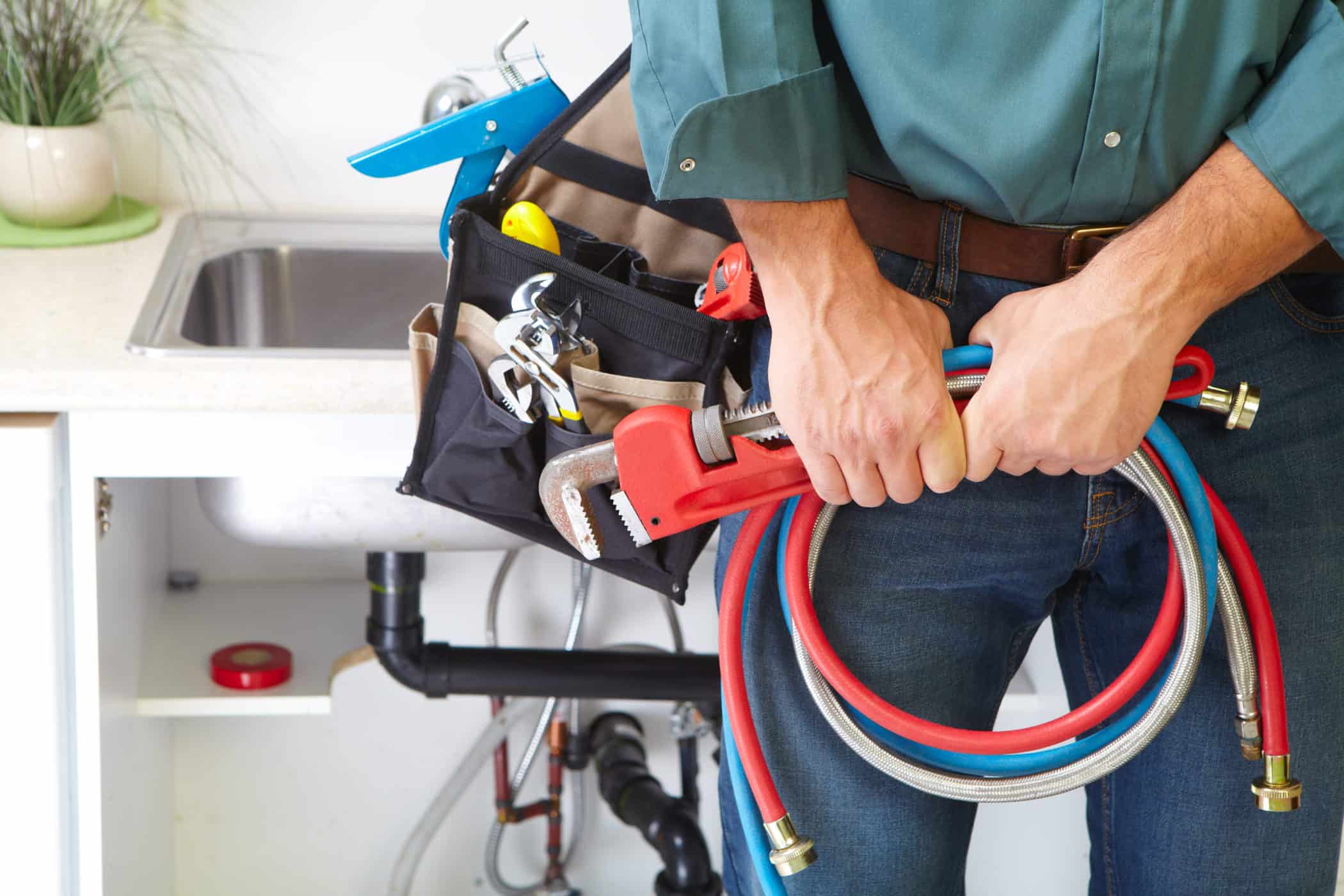
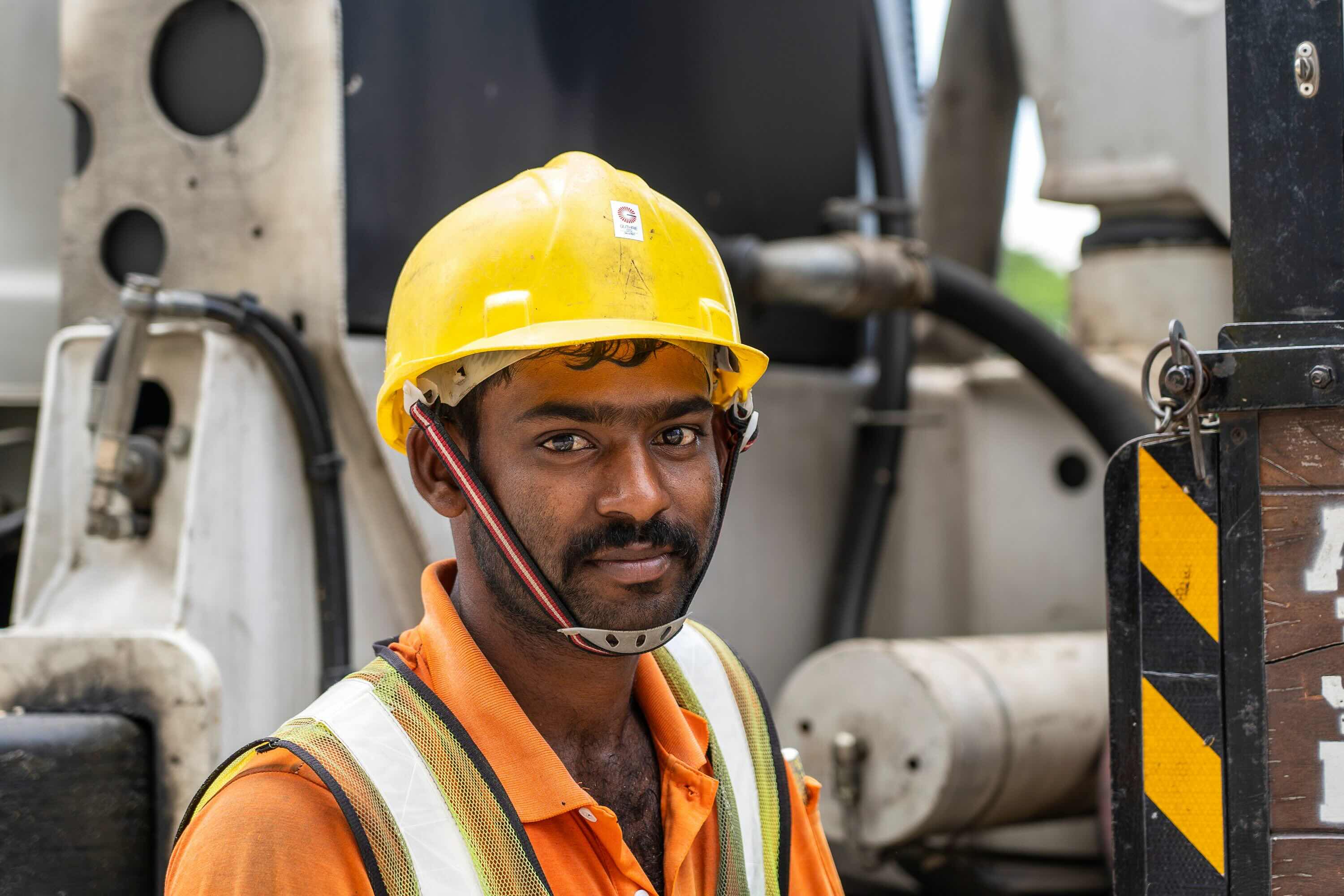
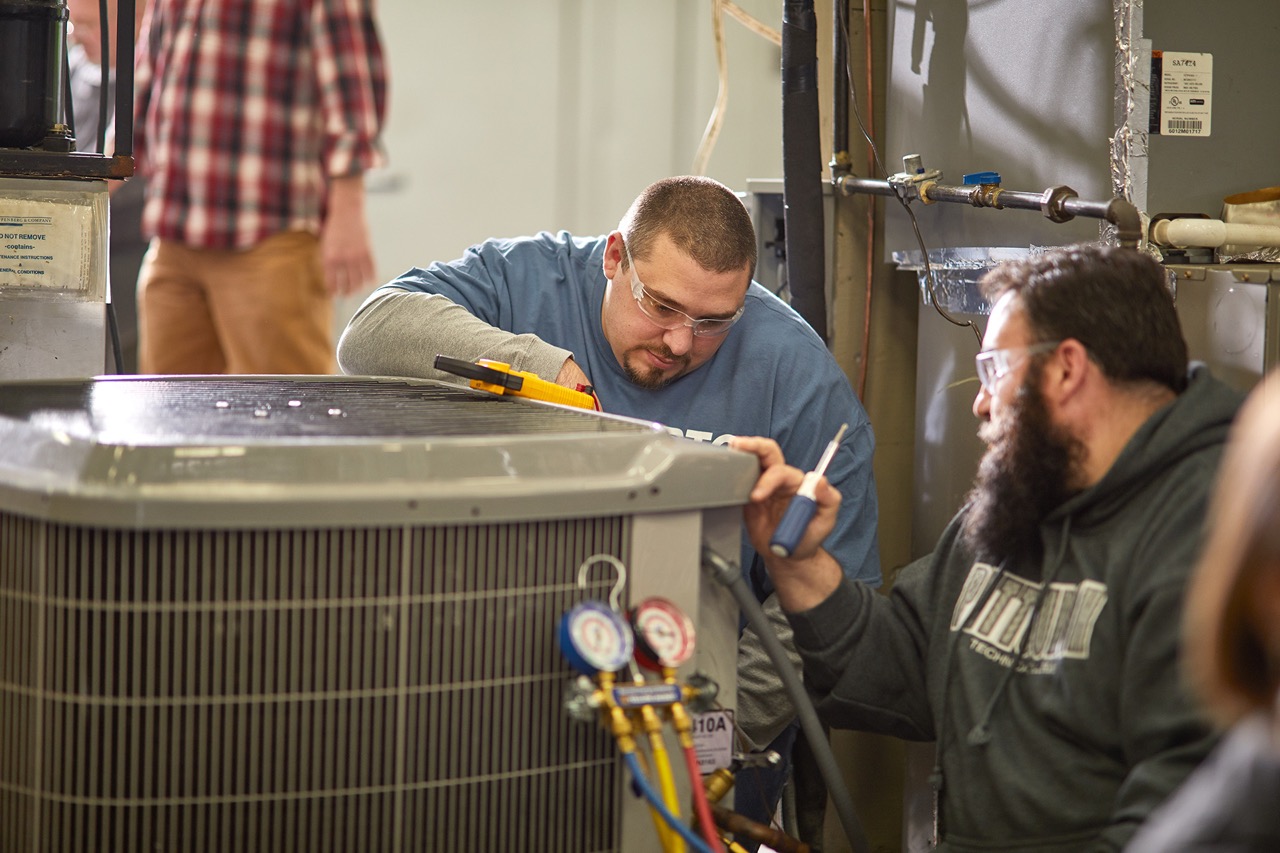


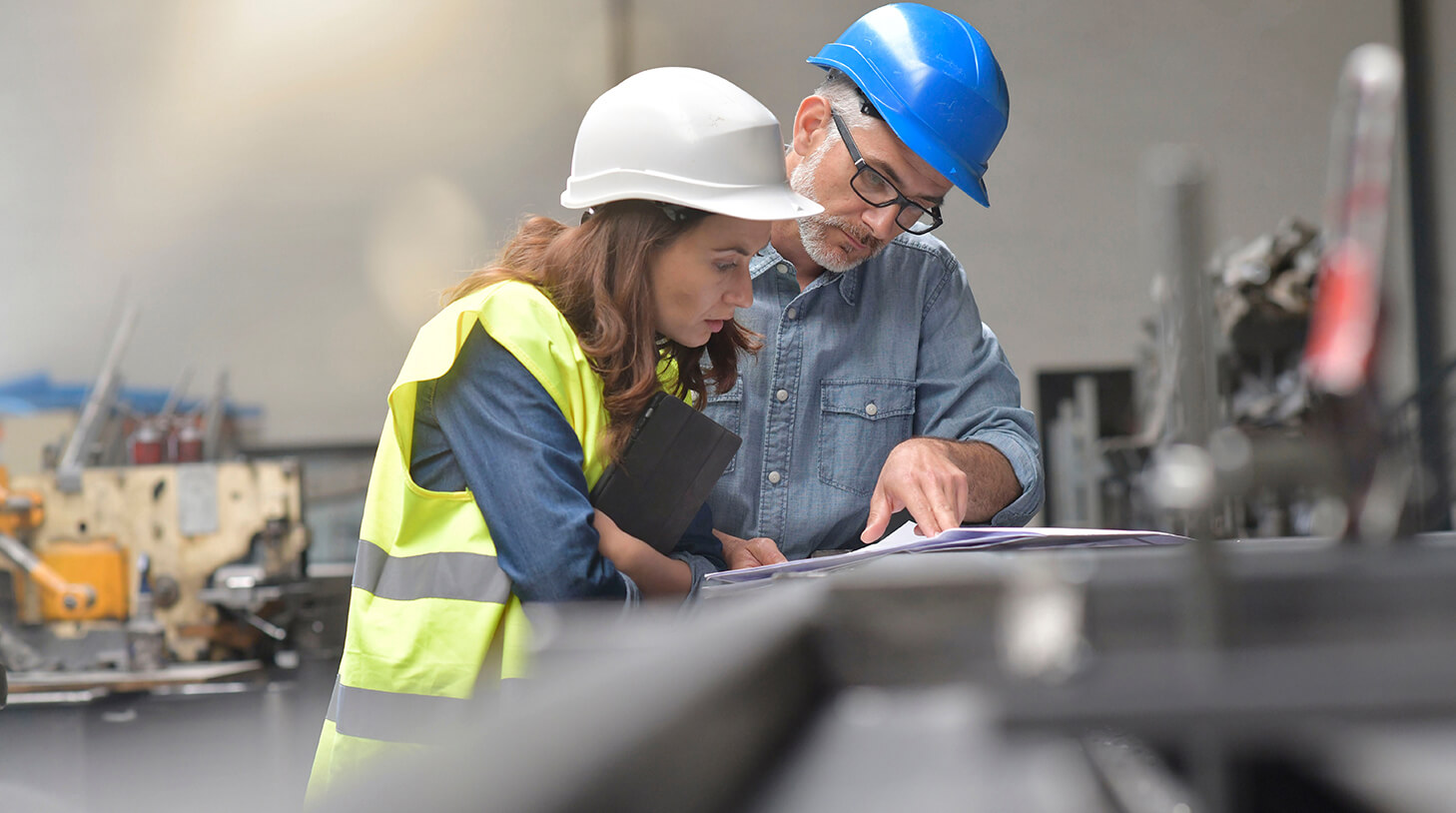
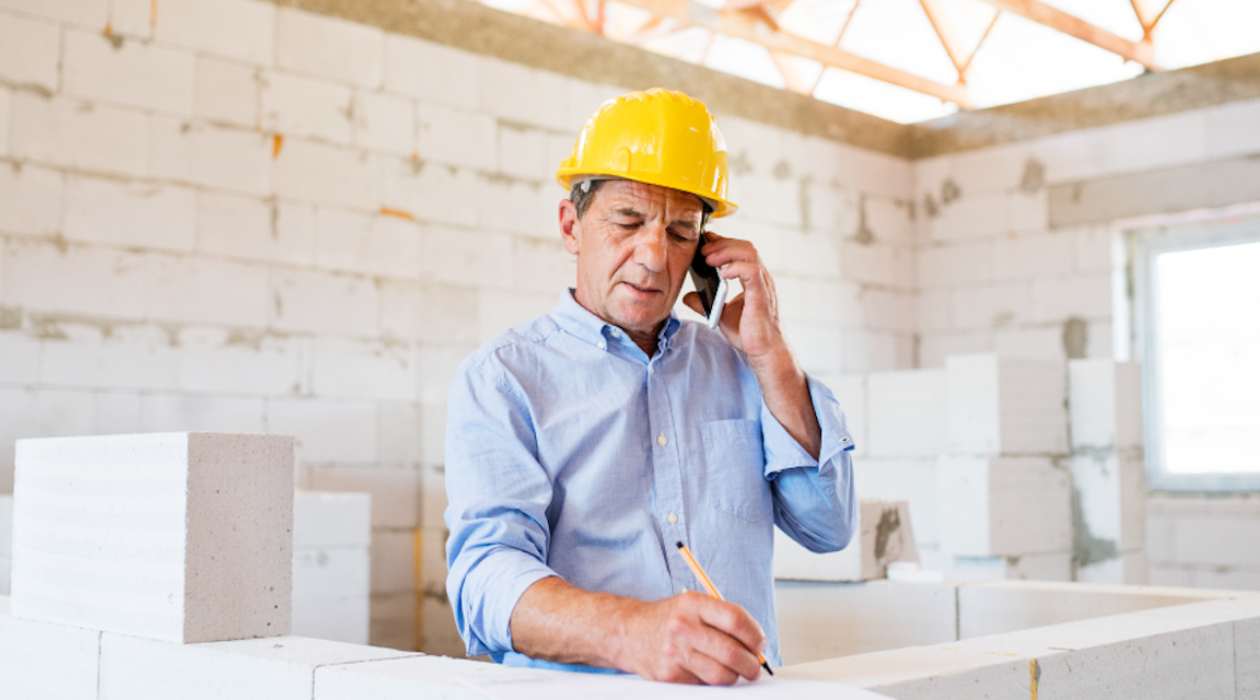
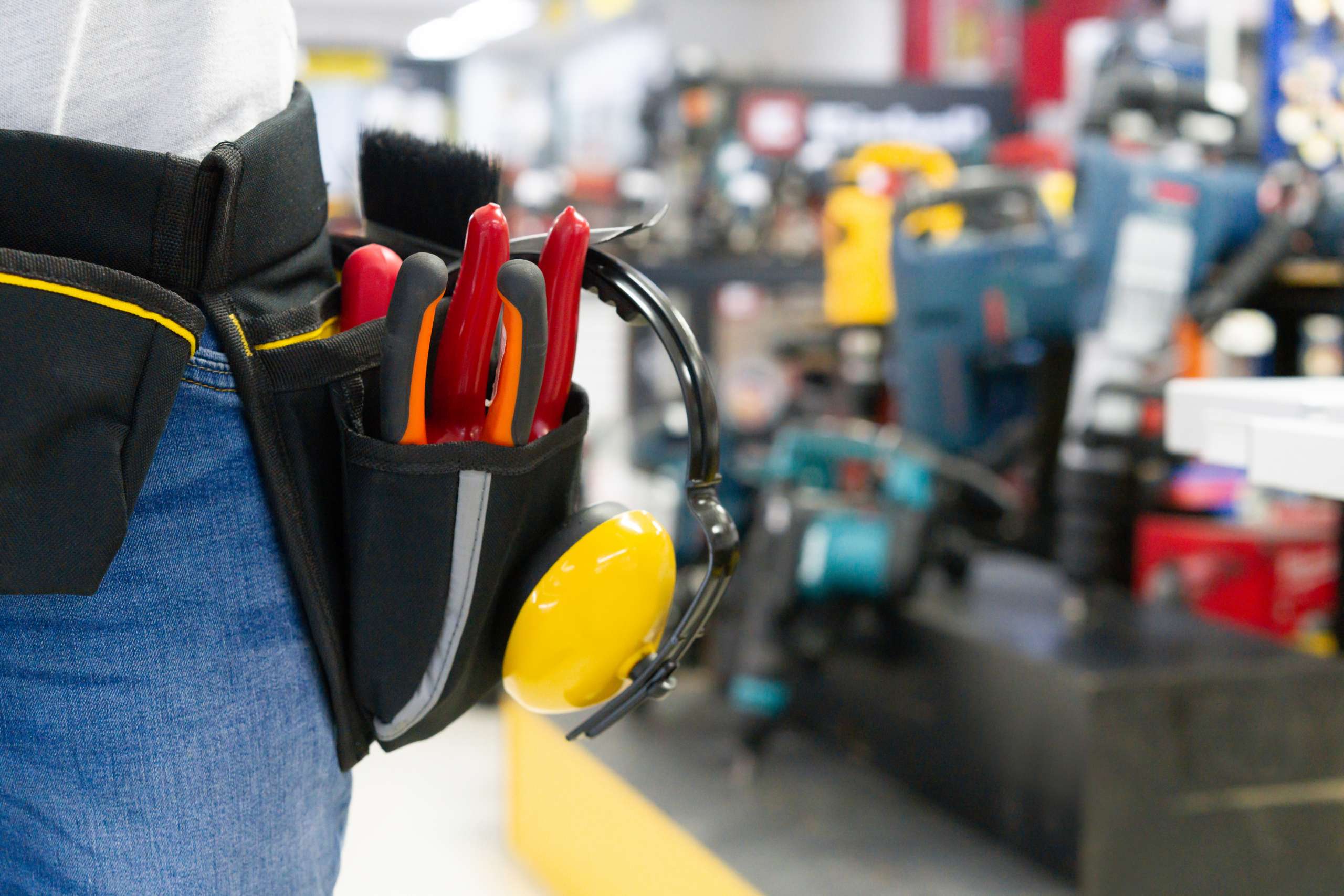
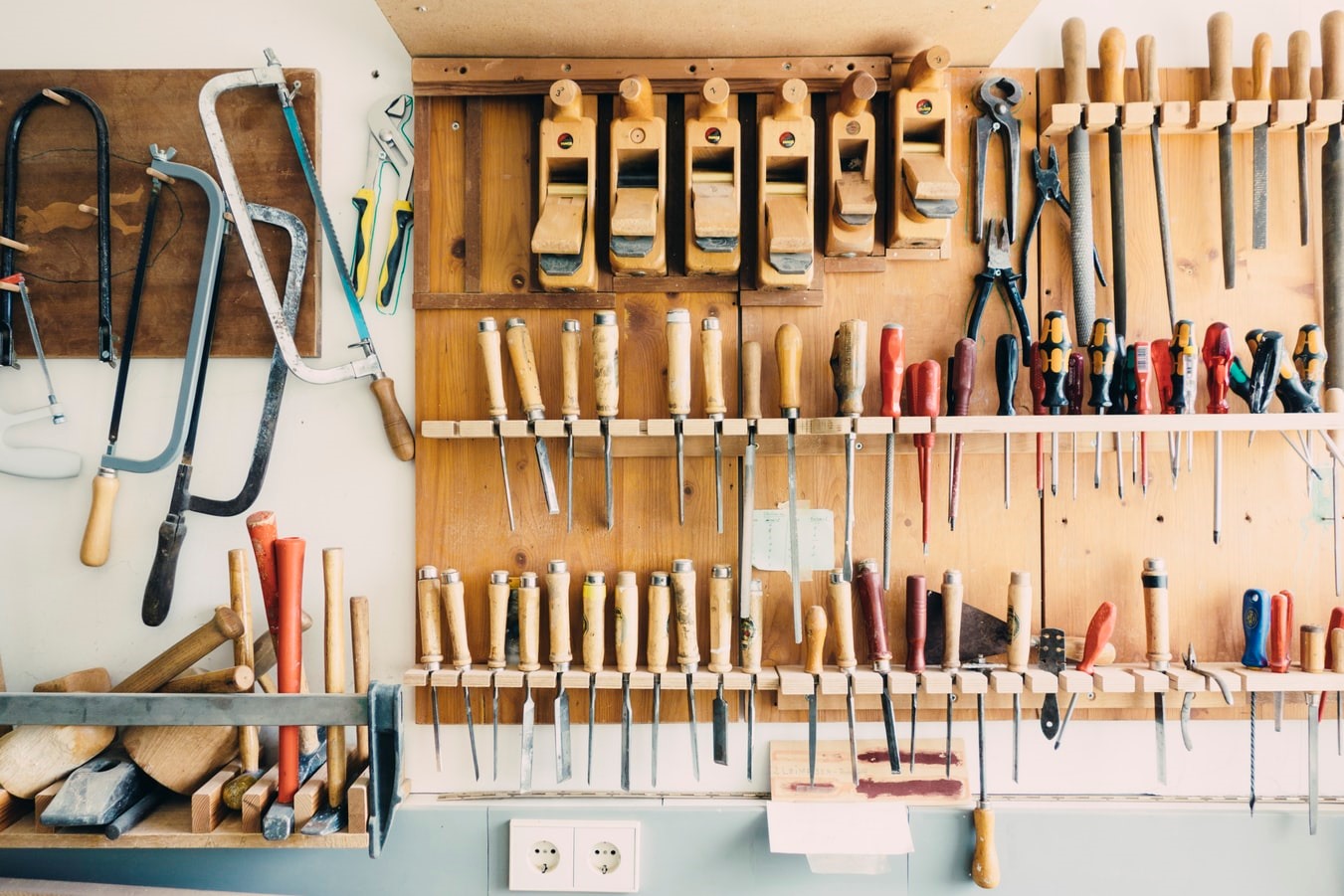

0 thoughts on “What Do I Need To Get A Construction License”